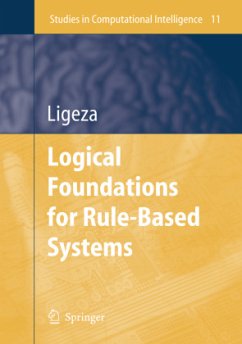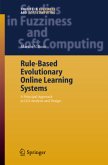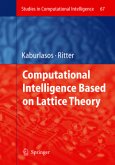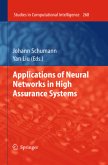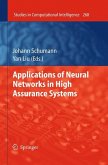Thinking in terms of facts and rules is perhaps one of the most common ways of approaching problem de?nition and problem solving both in everyday life and under more formal circumstances. The best known set of rules, the Ten Commandments have been accompanying us since the times of Moses; the Decalogue proved to be simple but powerful, concise and universal. It is logically consistent and complete. There are also many other attempts to impose rule-based regulations in almost all areas of life, including professional work, education, medical services, taxes, etc. Some most typical examples may include various codes (e.g. legal or tra?c code), regulations (especially military ones), and many systems of customary or informal rules. The universal nature of rule-based formulation of behavior or inference principles follows from the concept of rules being a simple and intuitive yet powerful concept of very high expressive power. Moreover, rules as such encode in fact functional aspectsof behavior and can be used for modeling numerous phenomena.
From the reviews of the second edition: "Rule-Based Systems (RBSs) constitute a powerful tool for specification of knowledge in design and implementation of knowledge-based systems ... . The aim of this book is to present RBSs from the logical perspective ... . The special feature of this book on RBSs is that ... the present RBS monograph follows a unitary line of formalism ... . The book is addressed to researchers, students and engineers interested in RBS technology ... a source of inspiration for knowledge engineering theory and practice." (Neculai Cureanu, Zentralblatt MATH, Vol. 1095 (21), 2006)

